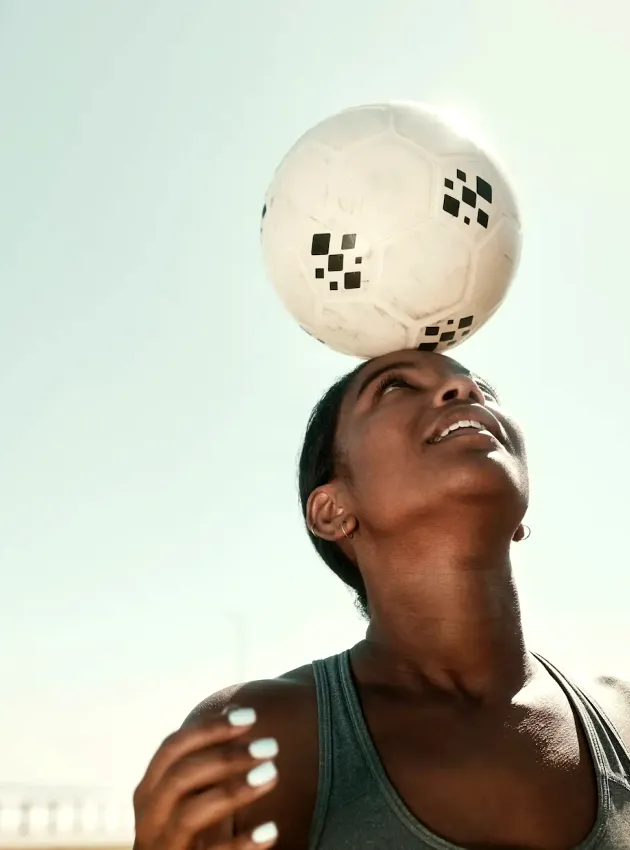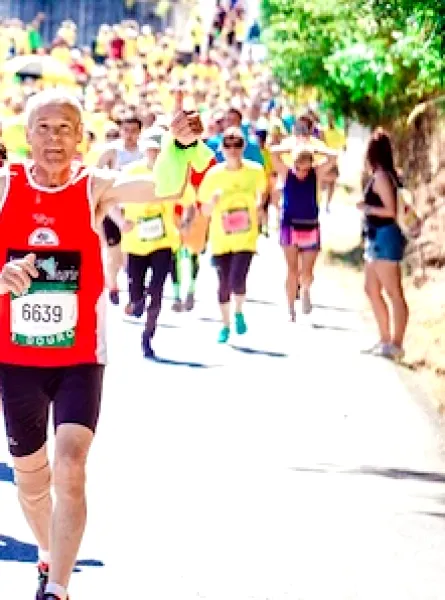
The outdoor racing season is fast approaching, and to achieve your running goals, several elements are essential: consistency in your training, quality sleep, and most importantly, your nutrition, which provides the necessary energy during workouts and on race day. For optimal sports performance, it's important to follow some basic guidelines for your pre-workout or pre-competition nutrition.
Control your diet based on the timing of the effort
To be well-fueled, avoid digestive discomfort, and maintain your energy, here are some recommendations based on the time before your workout or competition:
3 to 4 hours before
Opt for a complete meal that includes foods rich in carbohydrates and proteins. For example, pasta with tomato sauce and chicken, a glass of milk and a fruit, or a tofu and vegetable stir-fry with rice and a fruit.
2 hours before
Choose a light meal or a snack containing carbohydrates. For example, a ham sandwich with a fruit, or a bowl of cereal with a fruit.
1 hour before
Go for a carbohydrate-rich snack that may contain a small amount of protein. For example, a granola bar, a homemade muffin/cookie (without nuts), or bread with jam.
30 minutes before
Choose a light snack that is rich in carbohydrates, such as a fruit, a fruit juice, or applesauce.
Avoid certain foods before exercise
It is recommended to avoid certain foods before your workout or competition:
High-fat foods
Chips, butter, pastries, cheese, nuts, fatty meats, and fried foods should be avoided as they take longer to digest.
High-fibre foods
Salads, legumes, and whole grain products should be avoided before exercise. Tolerance to these foods may vary from person to person, so make sure you digest the foods you consume before your sports activity, especially during competition/events.
High-sugar foods
Candies, caramels, and carbonated drinks should be avoided before exercise as they cause a rapid increase in blood sugar, followed by possible hypoglycemia during exercise.
Maintain good hydration
Dehydration can decrease your sports performance and lead to fatigue, headaches, muscle cramps, and an increased risk of heatstroke. Therefore, make sure you are well-hydrated before your workout or competition, and remember to rehydrate during exercise.
In summary, to optimize your nutrition before an outdoor race, you need to control your diet based on the timing of the effort, avoid foods high in fat, fiber, and excessive sugars before exercise, and ensure proper hydration.
For personalized advice and tips to achieve your goals during your outdoor races, our dietitians at TeamNutrition are here to guide you and help you set new records this summer!





